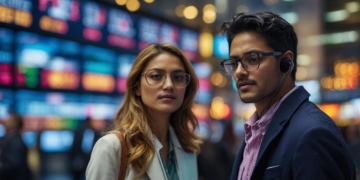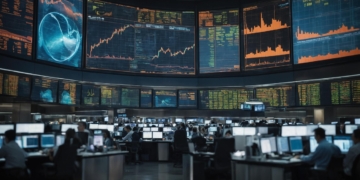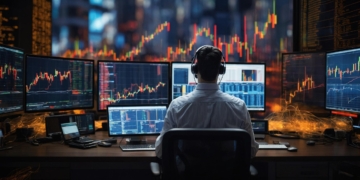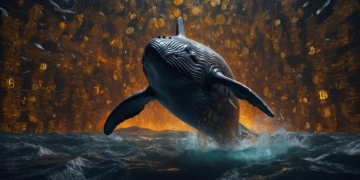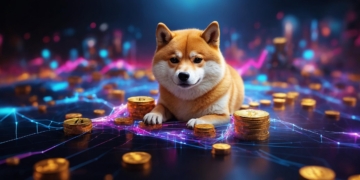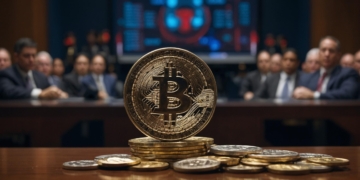The AI Revolution: Artificial Intelligence Replaces Human Talent
In an unexpected turn of events, stage and voice actress Sara Poyzer found herself at the center of a technological controversy. Poyzer was suddenly notified via email by an anonymous production company that her vocal contributions were no longer needed. The reason? The BBC had chosen to adopt an artificial intelligence (AI)-generated voice for a segment of an upcoming documentary, highlighting the growing influence of AI in the creative industry.
Exclusive Access: Unlock Premium, Confidential Insights
Unlock This Exclusive Content—Subscribe Instantly!


































